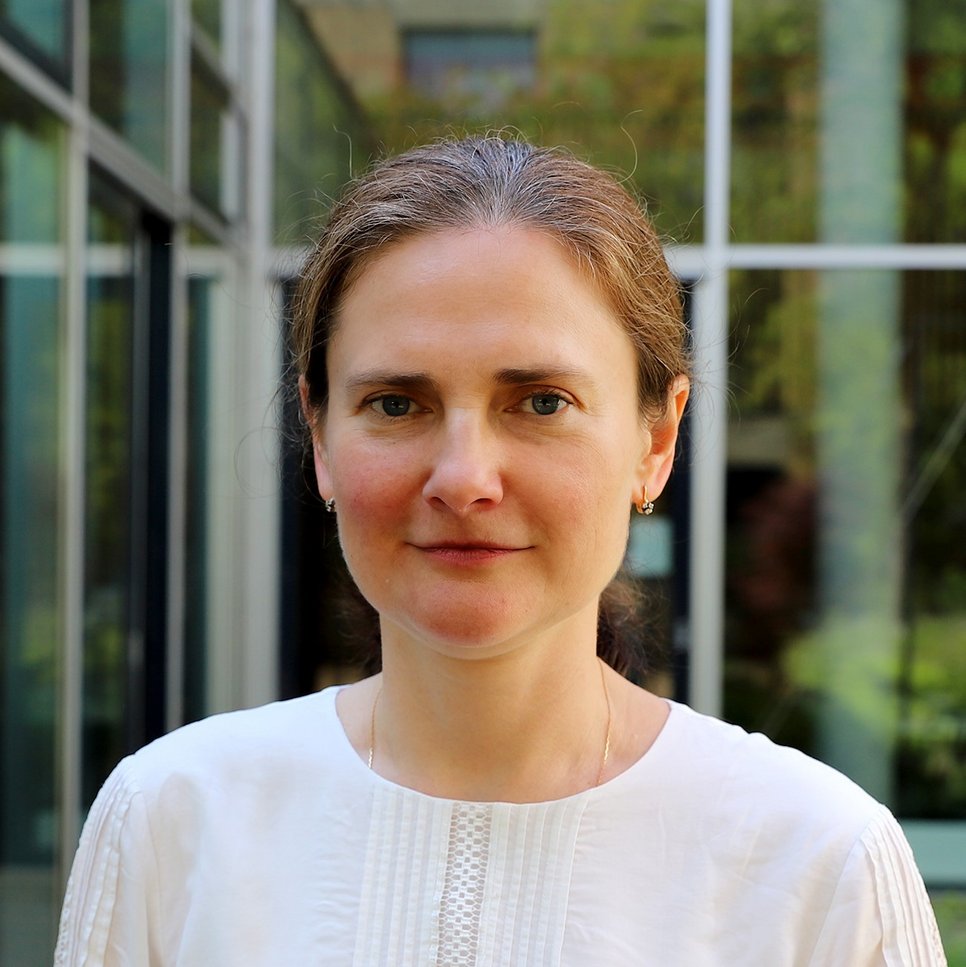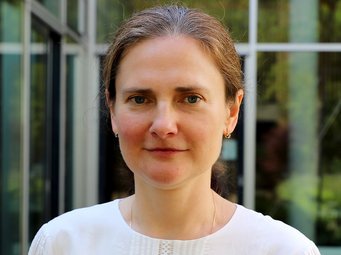Child abduction in times of war
Why should children be returned to a war-torn country when they could stay somewhere safe? This is the question Iryna Dikovska poses in her recent article “Removal and Retention of Children in Times of War: The Hague Child Abduction Convention and the Case of Ukraine” in the Rabel Journal of Comparative and International Private Law (RabelsZ).
Since the beginning of the full-scale Russian invasion of Ukraine on 24 February 2022, millions of Ukrainians, the great majority of them women and children, have been forced to flee the country. Now, three and a half years later, the children’s fathers who stayed in Ukraine have increasingly begun demanding the return of their children under the Hague Convention on the Civil Aspects of International Child Abduction. If the father has custody rights, the removal of a child under 16 years of age to a foreign country without the father’s consent is fundamentally unlawful under the convention. “But given the situation in Ukraine”, Dikovska says, “whether it can constitute an injustice to spare a child from war is still an open question”. In her article, she addresses the arguments for refusing to return children who have been sheltering outside Ukraine.

„Any option to spare Ukrainian children who have found
shelter abroad from returning to a war zone should
always be the top priority.“
– Iryna Dikovska –
Once more than a year has passed since the child’s removal from their home country, Article 12 of the Convention directs the authorities to deny applications for their return if it is demonstrated that the child has settled into his or her new environment. Here, Dikovska would call attention to the day-to-day reality of many of the children caught up in the exodus from Ukraine: “It’s been more than a year since most of them left Ukraine. Even if they have stayed in touch with people from home or are attending a Ukrainian school online, they may nonetheless be completely settled in their new environment.”
Article 13 of the Convention contains multiple grounds on which the authorities of the country where the child is present might refuse to order the child’s return. One of these is if the father consented to the child’s departure from Ukraine. “If the parents agreed that the child should remain abroad for the duration of the war, then it should not be possible for the child to return before the war is over.” A request for the child’s return can also be denied under Article 13 if there is a grave risk that his or her return would expose the child to physical or psychological harm. But there have been several cases in which courts of various European countries have ordered that children be returned to Ukraine anyway. In each case, they have reasoned that the child would be returning to a region that was not affected by the hostilities. But Dikovska is adamant that “the whole territory of Ukraine has been subject to hostilities since 24 February 2022. Many civilians have been killed or wounded, even far from the front lines.”
Article 20 of the Convention ultimately allows the authorities to refuse to order a child to be returned if it would violate human rights and fundamental freedoms. In Dikovska’s view, this provision provides an additional argument against returning children to Ukraine at this time. Most Ukrainians who have established a continuous presence somewhere in the European Union are covered by the EU Temporary Protection Directive, which observes the fundamental international legal principle of non-refoulement, which forbids the return of persons to states in which they would face grave violations of their human rights. Dikovska concludes that, “Any option to spare Ukrainian children who have found shelter abroad from returning to a war zone should always be the top priority.”
Image: © Max Planck Institute for Comparative and International Private Law / Johanna Detering












